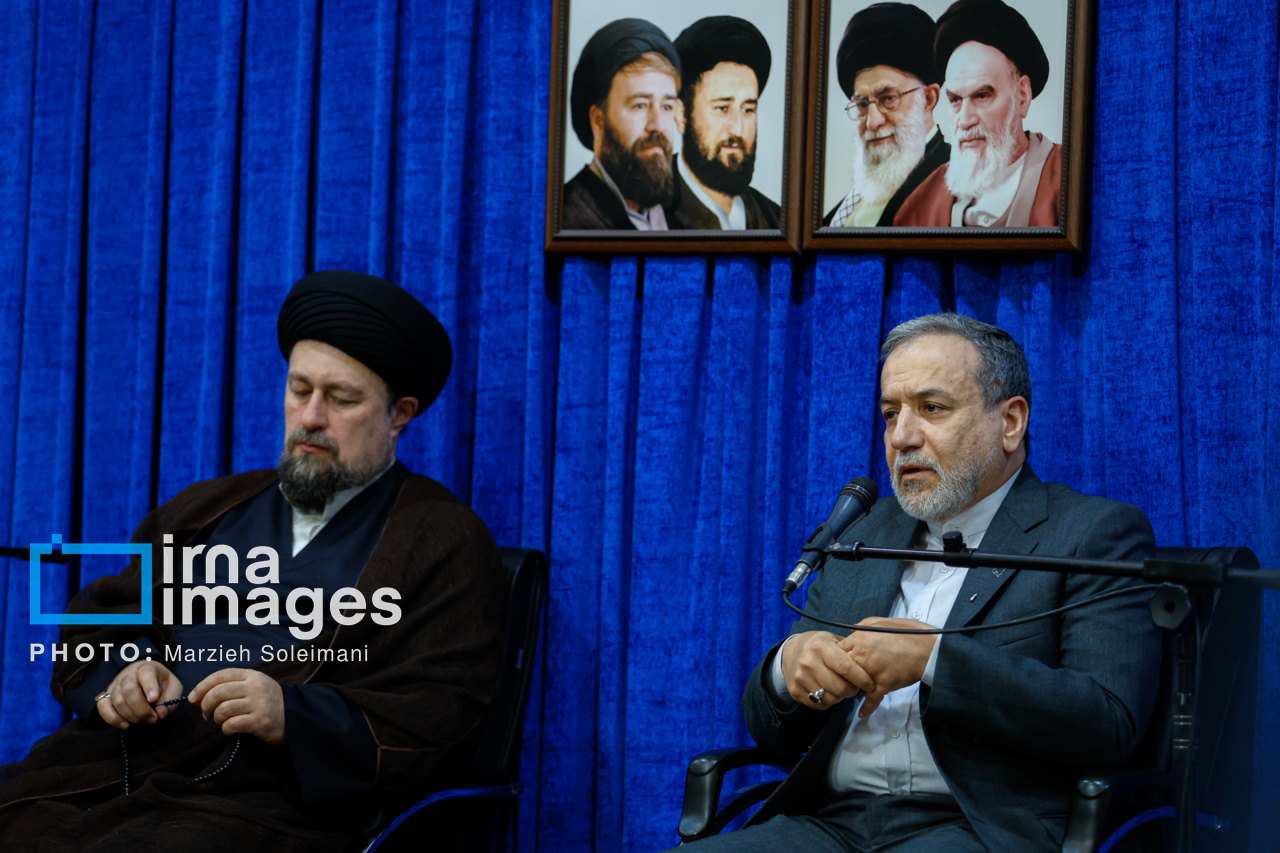
Similar Posts
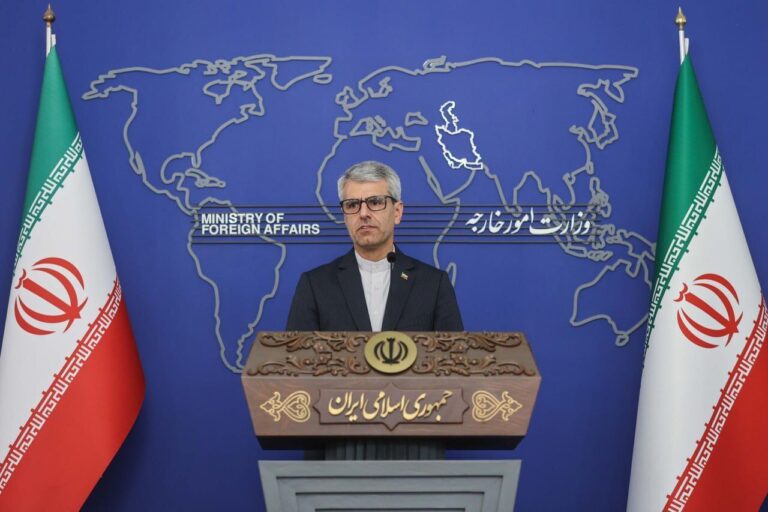
Iran Calls for Action Against Israeli Impunity and Ethnic Cleansing in Gaza
Iran has condemned Israel’s military actions in Gaza, labeling them as “ethnic cleansing.” Foreign Ministry spokesperson Esmaeil Baqaei criticized Israel for its assaults on shelters and medical facilities, which have caused numerous civilian casualties. He accused Western supporters, particularly the U.S. and U.K., of enabling these atrocities, while noting that Israel has intensified operations amid stalled ceasefire negotiations. Baqaei claimed Israel seeks to forcibly displace Gaza’s population and characterized the situation as a severe violation of human rights. He called for urgent action from the UN and international governments to address what he termed genocide and war crimes.
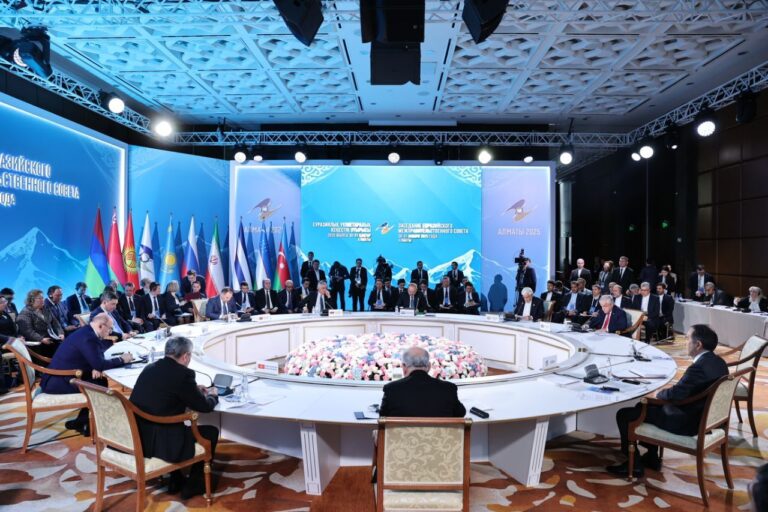
Iran Strengthens Commitment to Regional Partnerships, Says VP
Iranian Vice President Mohammad Reza Aref announced Iran’s commitment to becoming a key partner in regional arrangements during the Eurasian Economic Union (EAEU) Prime Ministers’ meeting. He highlighted Iran’s observer status in the EAEU as a significant step in strengthening ties with member countries. Aref emphasized the importance of regional economic diplomacy, plans to enhance cooperation in energy, technology, and transit, and the establishment of the Iran-EAEU trade corridor. Additionally, he noted Iran’s readiness to improve the transit capabilities of its ports in the Persian Gulf and Sea of Oman, underscoring Iran’s strategic focus on economic collaboration.
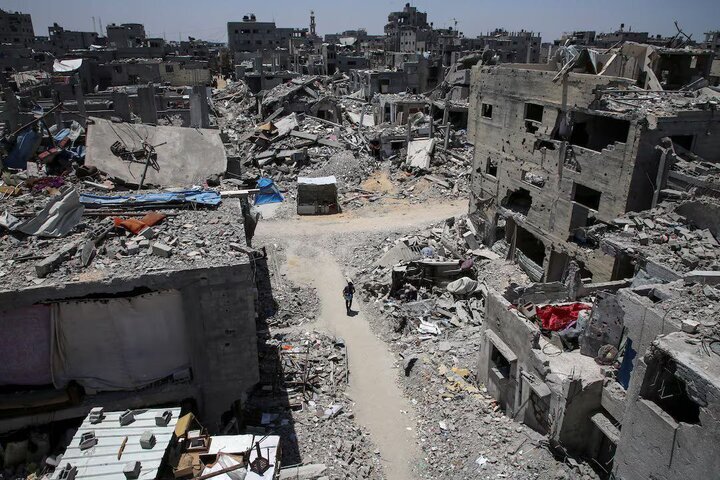
After the Conflict: Power Struggles and Leadership in Post-War Gaza
Calls for a ceasefire in Gaza have ignited discussions about future governance in the region, focusing on three main perspectives: the Zionist view advocating for Gaza’s annexation, the European Union’s plan to replace Hamas with the Palestinian Authority (PA), and the American strategy promoting PA control with international support. US Secretary of State Anthony Blinken indicated a preference for the American plan, highlighting the PA’s reforms. Potential leaders include Mohammad Dahlan, Salam Fayyad, and Hossein al-Sheikh, with Marwan Barghouti emerging as a popular choice among Palestinians. The future remains uncertain, with Hamas’s influence posing challenges for any new governance structure.
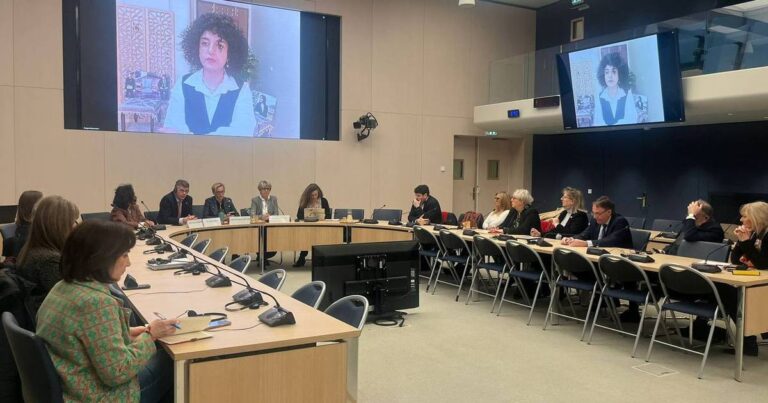
Nobel Laureate Calls for Global Action Against Iran’s Gender Apartheid Crisis
Nobel laureate Narges Mohammadi, a prominent human rights activist, urged France’s Senate to combat gender apartheid in Iran during a recent video call from Tehran. Highlighting the dire situation for women, she declared that fighting gender oppression is vital for democracy and justice. Mohammadi raised alarming concerns about rising executions, particularly of women political prisoners like Pakhshan Azizi and Varisheh Moradi, who face imminent death sentences. She called on the international community to prioritize human rights in negotiations with Iran, warning that ignoring these issues could empower authoritarianism. Mohammadi’s advocacy, despite her imprisonment, emphasizes the urgent need for global support for Iranian women’s rights.
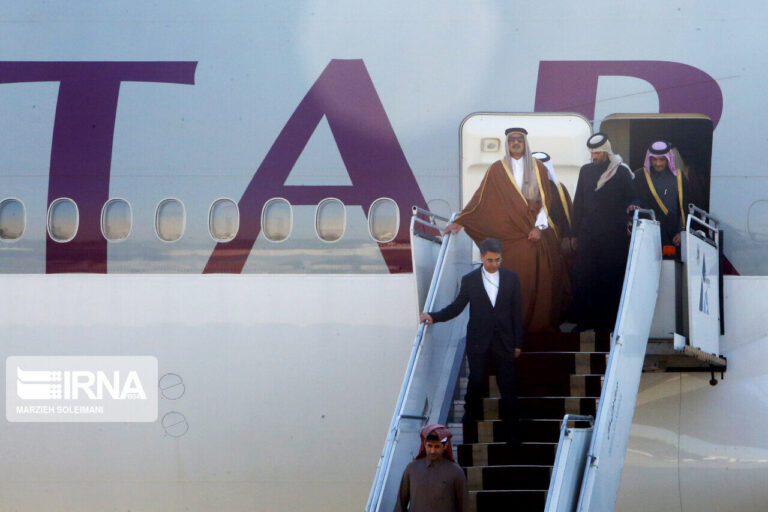
Qatar’s Emir Makes Historic Visit to Tehran: Strengthening Bilateral Ties
The Emir of Qatar, Sheikh Tamim bin Hamad Al Thani, has arrived in Tehran for high-level talks aimed at strengthening diplomatic relations with Iran. Welcomed by Iran’s Energy Minister, Sheikh Al Thani’s visit includes meetings with President Masoud Pezeshkian and other officials, culminating in an official ceremony at Saadabad Palace. This visit follows Pezeshkian’s trip to Qatar in October, where both leaders signed cooperation agreements to enhance trade, cultural exchanges, and educational collaboration. The discussions aim to solidify partnerships and promote regional stability, benefiting both nations and their populations.
UNHCR Praises Iran as a Beacon for Hosting Foreign Nationals
Iran is being highlighted as a model for refugee treatment by Raouf Mazou, the Assistant High Commissioner for Refugees at the UN. In a meeting with Khorasan Razavi’s governor, Mazou praised Iran’s unique approach, where refugees live alongside local citizens rather than in camps. This inclusivity improves the well-being of displaced individuals. Key aspects of Iran’s refugee policies include a historical commitment to providing refuge, inclusive policies in protection, education, and healthcare, and its status as a host for a large Afghan refugee population. Mazou advocates for global recognition of Iran’s humanitarian efforts, emphasizing the positive impact on refugees’ lives.